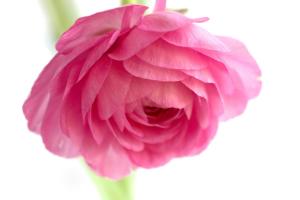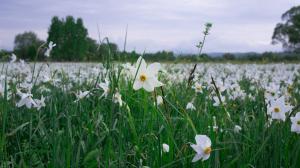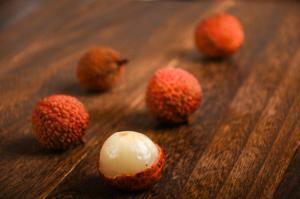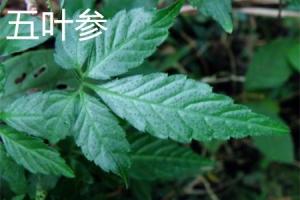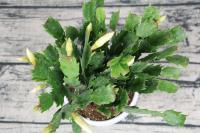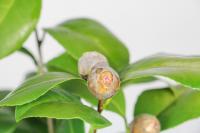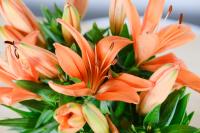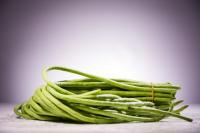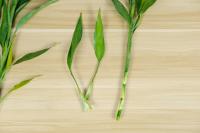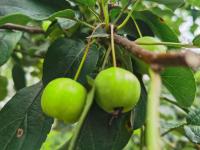1、 Disease manifestation
Strawberry Powdery Mildew mainly damages its leaves, petioles, flowers, pedicels and fruits, and usually does not harm its stems. In the early stage of the disease, thin white hyphae grow on the back of the leaves. Over time, the leaves will curl upward, and there are white spots of different sizes. If the condition worsens further, leukoplakia will expand to the whole leaf, and then the edge of the leaf will shrink and scorch. The flower bud cannot open after the disease, and the fruit cannot expand after the disease, which will also lead to its loss of luster
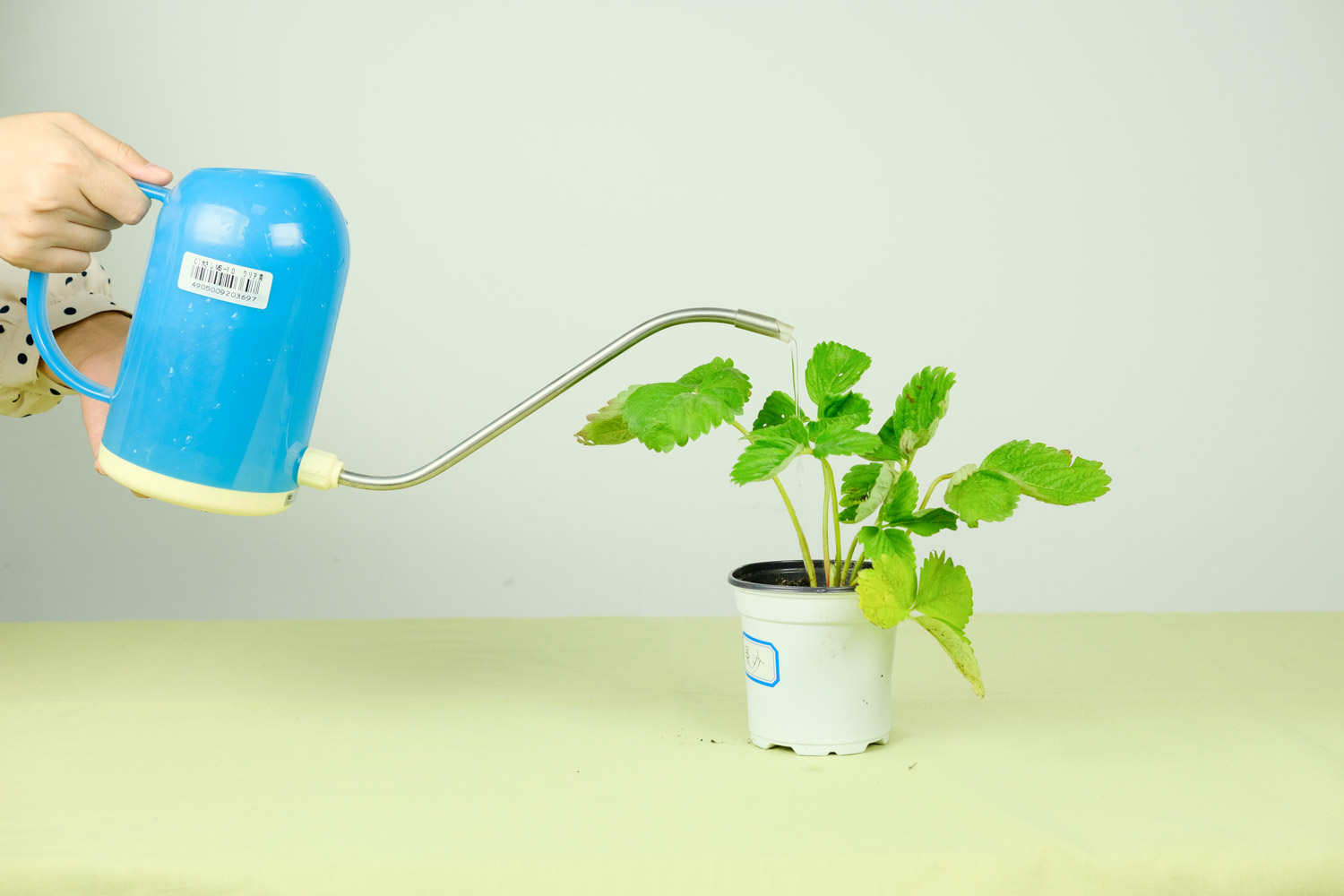
2、 Cause of disease
The disease is caused by a fungus called tunica pinnatifida, which is mainly related to temperature and humidity. As a disease with low temperature and high humidity, its onset temperature is usually between 15-25 ℃ and the humidity is more than 90%. Usually in late autumn or early spring, continuous rainy weather will lead to disease. If you can accept long-term light, it is not easy to get sick
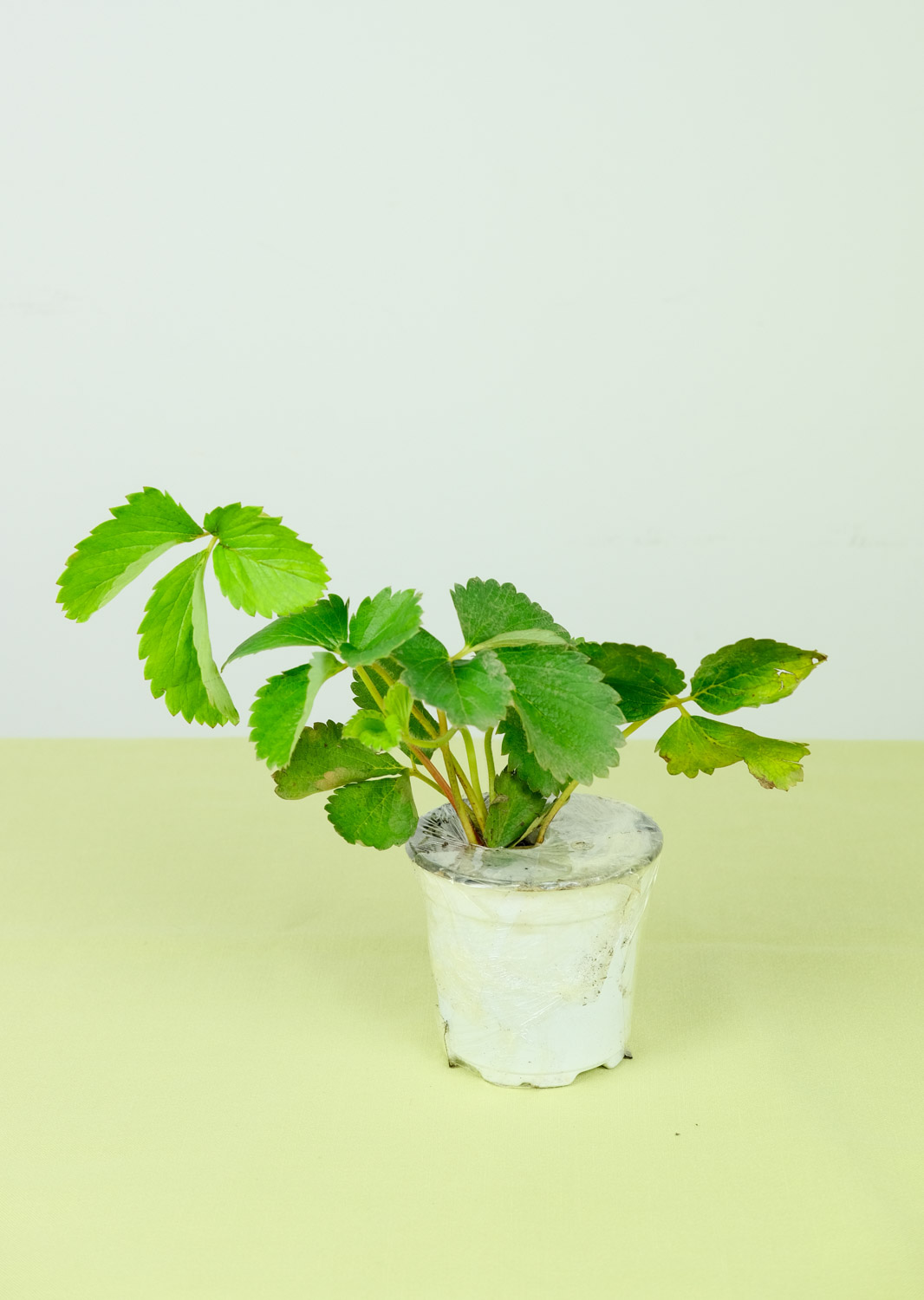
3、 Treatment method
After discovering that strawberries are sick, the diseased leaves and fruits should be removed at the first time, buried or burned deeply to eliminate their bacteria, so as to prevent re infection and recurrence. In addition, azole drugs can be used for prevention and treatment, but we must pay attention to controlling the dosage. If the dosage is too large, it is easy to inhibit the growth and development of strawberries
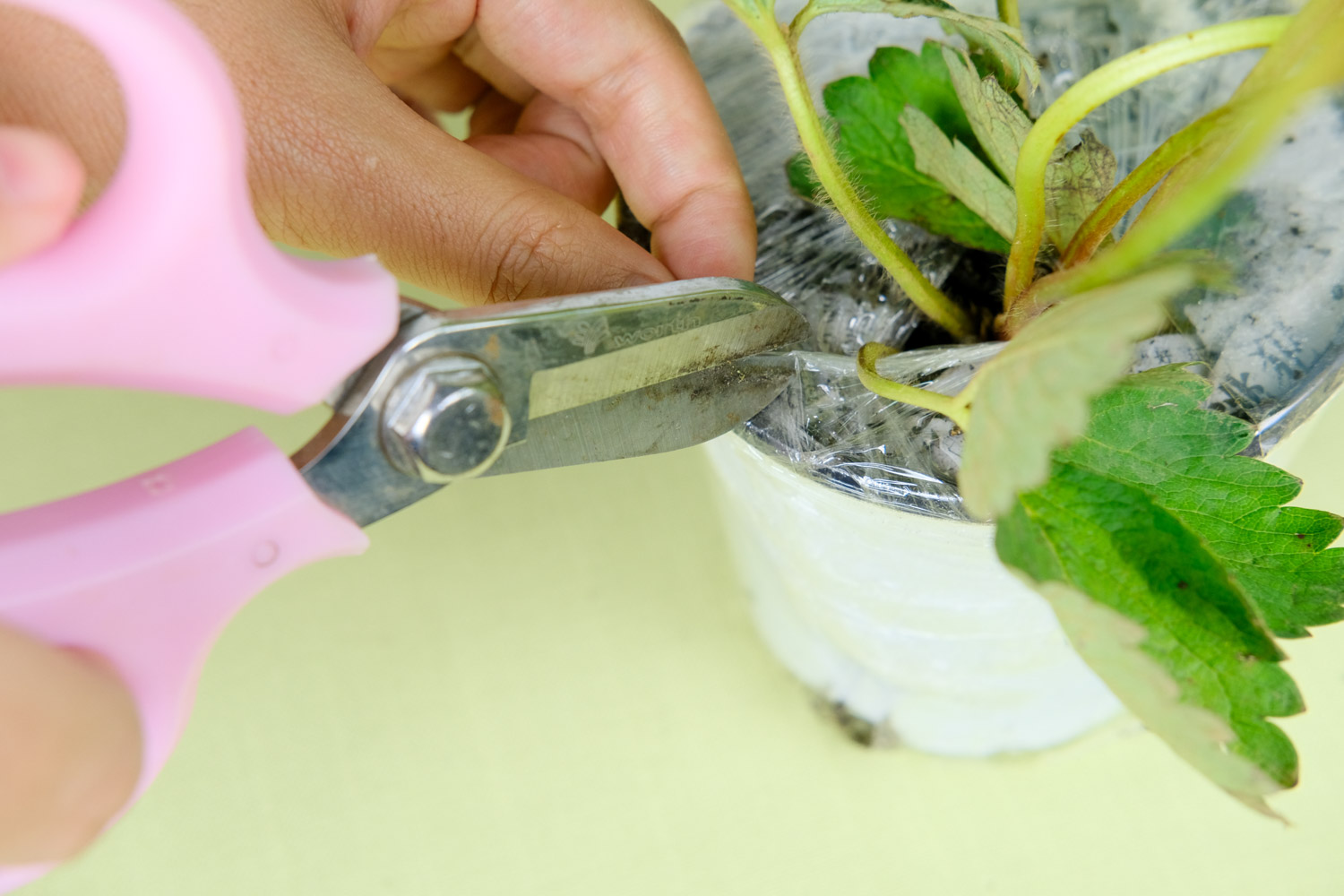
4、 How to prevent
The means to treat powdery mildew are relatively limited, mainly by prevention. First of all, we should choose varieties with strong disease resistance to reduce the possibility of plant disease. Secondly, we should control the amount of nitrogen fertilizer and apply more phosphorus and potassium fertilizer, which can also improve the disease resistance. In addition to fertilization, we should also pay attention to watering. If the environmental humidity is too high, we should limit the amount of water and strengthen ventilation, which can reduce the possibility of fungal breeding. Pay attention to pruning at ordinary times and remove old and diseased leaves in time

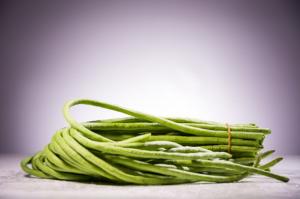 How does okra leaf h...
How does okra leaf h...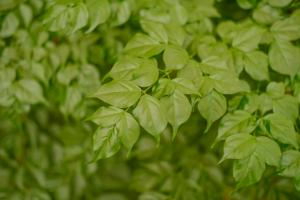 How to treat happy l...
How to treat happy l...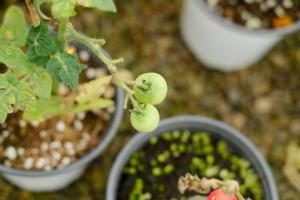 How is tomato Fusari...
How is tomato Fusari... How is Strawberry Po...
How is Strawberry Po... How does Calla becom...
How does Calla becom...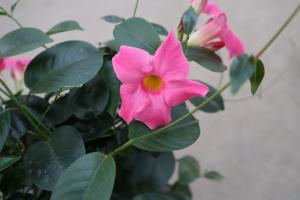 How to roll the leav...
How to roll the leav... Pest control of Phyl...
Pest control of Phyl...
